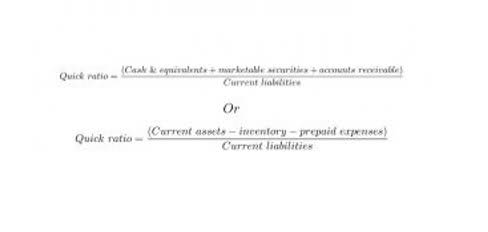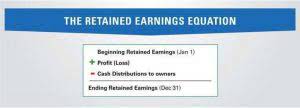Going Concern Concept Definition, Explanation Examples and Importance

Companies can prepay and accrue expenses only when they and their trade partners believe that they will not shut down operations in the foreseeable future. The going concern concept means a business can ‘run going concern concept example profitable’ for an indefinite period until the concern is stopped due to bankruptcy and its assets are gone for liquidation. For example, when a business ceases trading and deviates from its principal business, the concern would likely stop delivering profits in the near-term future. Conversely, a healthy business shows revenue growth, profitability growth with margin improvement, and growth in product sales. In accounting, the going concern concept implies that financial statements are prepared with the assumption that a business will remain operational and meet its obligations in the normal course of business.
- It requires that a company will carry out its current goals, utilise its current assets, and continue to pay its debts over the upcoming fiscal period and beyond.
- By assuming continuity, businesses can make informed decisions, allocate costs appropriately, and instil confidence among stakeholders.
- In accounting, a corporation is considered a going concern if it has the resources to operate indefinitely unless it can prove otherwise.
- This credit crunch may trickle down to suppliers who may be unwilling to sell raw materials or inventory goods on credit.
- For example, a company’s annual expenses may so vastly outweigh its revenue that it can’t reasonably make a profit.
- An example of the going concern concept is a company receiving a government bailout during financial difficulties, ensuring its ability to continue operations despite temporary challenges.
- Listing of long-term assets normally does not appear in a company’s quarterly statements or as a line item on balance sheets.
Importance of Going Concern Concept with Examples

Companies that are not a going concern may not have enough money to survive, and this fact must be publicly disclosed when an auditor audits their financial statements. A company may not be a income statement going concern for a number of reasons, and management must disclose the reason why. Going concern is not officially included in the generally accepted accounting principles (GAAP) but some instruction is included in the generally accepted auditing standards (GAAS). A going concern concept diagram visually represents how the assumption of continuity impacts financial reporting, including the treatment of assets, liabilities, and deferred expenses. In such a case, if the company in an event of liquidation, will have assets valued at the market value, and as such these values will be different from the value determined at cost.
Examples of Going Concern Concept in Accounting

It allows businesses to value assets at historical costs and amortize them over time, recognizing revenues and expenses in the appropriate periods based on long-term operations. The going concern concept assumes that a business will continue its operations for the foreseeable future, without the intention to liquidate or significantly reduce its scale. The concept of depreciation and amortization are based on the assumption that a business will continue to perform its operations in the near future (this period is the next 12 months after an accounting period).
What Happens If a Company Is Not a Going Concern?
The Going Concern Concept is crucial for the Generally Accepted Accounting Principles (GAAP) and the International Financial Reporting Standards (IFRS). In this article, the learners will be Bookkeeping for Painters able to know about the going concern concept in detail, along with certain other topics in detail. Going concern concept is very important for the generally Accepted Accounting Principles (GAAP) and International Financial Reporting Standards (IFRS). In the absence of evidence to the contrary, an entity is viewed in operation indefinitely.
How Does the Going Concern Approach Impact Valuation?
Our team of reviewers are established professionals with years of experience in areas of personal finance and climate. Carbon Collective partners with financial and climate experts to ensure the accuracy of our content. In effect, equity shareholders and other relevant parties can then make well-informed decisions on the best course of action to take with all material information on hand. – In 2011, Gibson Guitar Factory was raided by the Federal government for illegally smuggling endangered wood into the country. The Federal government took more than $250,000 worth or Gibson’s inventory and slapped them with large fines for violating international laws.

